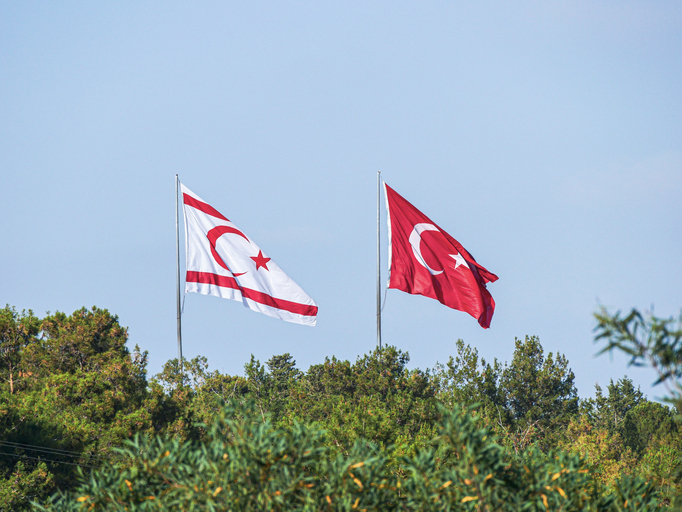This week marked the second International Day to Combat Islamophobia, a day of recognition accepted unanimously by all members of the United Nations.
Islam is the second largest religion in the world. Around quarter of all people on the planet are Muslims.
In modern history, atrocities have taken place against Muslims right across the globe including here in Europe at Srebrenica in 1995. Even as I write this, genocide takes place against Rohingya and Uyghur Muslims, and Kashmiris and Hazara Muslims face persecution.
In the UK much has been done to tackle this important issue of Islamophobia. There are over three million Muslims in the UK; 94 per cent feel able to practise their religion freely. We have laws in place – specifically the Equalities Act 2010 which make it a criminal offence to discriminate against someone because of their race or religion or other protected characteristics.


We do, however, still face an ongoing challenge to tackle anti-Muslim prejudice across the country.
As Member of Parliament for Peterborough, a constituency with a significant Muslim community, I am very aware of the horrific prejudice some constituents have encountered because of their faith and that is why today is such an important day – to celebrate the progress that has been made but to remember that there is still so much to do. The Government have promised a formal definition of Islamophobia. They now need to deliver.
On a recent visit to the Turkish Republic of North Cyprus (TRNC) as part of a parliamentary delegation, I began thinking about how Islamophobia can be very real without being obvious.
Ninety-nine per cent of Turkish Cypriots are Sunni Muslim, while in the south of the island around 90 per cent is Orthodox Christian and less than two per cent Muslim.
For nearly fifty years, the so-called ‘Cyprus issue’ has gone unresolved.
The history of Cyprus between 1960 and about 1983 remains disputed depending from which community’s perspective you approach this issue. I have been to the south of island over a dozen times, and to the north just once.
What should be undisputed is a federal power-sharing system existed until 1963. Constitutional changes, inter-communal violence, displaced Turkish Cypriots communities, and a 1967 military coup in Greece meant things were not rosy prior to 1974. A subsequent military coup on the island, designed to achieve union with Greece, led to a military intervention by Turkey, occupation of a third of the island and thousands of displaced Greek Cypriots.
In 1983, TRNC declared themselves an independent nation.
Despite eleven attempts since 1963 to resolve the Cyprus issue, and recreate power sharing, none have been successful and international diplomacy has failed. Turkish Cypriots remain completely isolated by the international community (only Turkey recognises the TRNC).
It is a very different story in the south of the island, which enjoys recognition across the globe and EU membership. It is a prosperous and successful state.
What struck me during our visit, was the failure of the international community to resolve this issue has subjected the Turkish Cypriot Muslim population to international isolation.
I left the island questioning whether the EU would isolate a European Christian country in the same way they have frozen out the Turkish Cypriots.
I am convinced that this conflict can be resolved if the international community unites behind efforts to achieve this. This is in the best interests of the UK and the Western Alliance as it would open significant trade opportunities and strengthen relations with one of leading military powers, Turkey.
As we mark this important occasion to tackle Islamophobia, we must remember that prejudice against Muslims takes all forms and at all levels – even through isolation.












